
I’ve been thinking I would write about protein ever since Alicia Silverstone was on Oprah to discuss her book, The Kind Diet (Rodale, 2010). The book promotes a plant-based vegan style way of eating. The premise of the book is that her plant-based diet that is kind to the planet and good for your body. A friend of mine called to tell me Oprah was interviewing Alicia and asked me what I thought of her book. I keep intending to get to Barnes & Noble to check it out, but that hasn’t happened yet so I can’t give an honest opinion of the book (although I have to say the recipes Oprah showed from the book last week definitely looked yummy!!) If you are interested, you can read a review of the book from Diets in Review HERE. I also just found out Alicia has a website at KindLife.com Anyway, while I can’t comment on the book, I can address the concern my friend brought up about Alicia being a vegan; “How does she get enough protein if she doesn’t eat animal foods?” my friend wanted to know. I’m seriously convinced this must be the #1 most frequently asked question vegans get. Even my son, who naturally just doesn’t seem to want to eat many animal foods frequently is told by well-meaning adults to “eat his protein” when he gobbles up his potato and broccoli and pushes the meat to the side of his plate (that’s the little guy in the photo below—he runs circles around most everyone and clearly does not look like a malnourished child!)

The more I think about it, the more I think I need to get a copy of Alicia’s Kind Diet book to see whether or not she addresses protein concerns. Interestingly, of the three macronutrients (carbs, fats and protein) the only one that seems to get off easy with the diet gurus is protein. Nobody ever seems to blame protein for anything. Carbs and fats on the other hand get blamed for everything from obesity to heart disease, type 2 diabetes, inflammatory conditions, and more. Somehow though, protein has remained unscathed. In fact, protein is the stuff everyone seems to still want more of! I’ve never heard of someone saying “Oh no, I can’t have more chicken, I’m trying to limit my protein intake.” And of course some big chunk of protein still squats squarely at the center of the average Americanized dinner plate. It’s also the stuff dieters make a mad dash to the nutrition store to buy in bulk. You don’t see “carb bars” or “fat shakes” on the shelves, but processed protein bars and protein powders are plentiful. It’s as if we are all in some sort of enormous protein emergency.
Protein is NOT a “Free” Food
You Can Still Get Fat if You Eat Too Much Lean Chicken
But here’s the deal, the typical American eats way too much protein, and protein isn’t a “free food”. If you eat more protein than your body needs the extra protein doesn’t just magically evaporate into thin air—it gets stored as body fat. Yup. That means the protein in an extra piece of chicken doesn’t “poof” disappear. Eat too much chicken (or too much protein powder, too many egg whites, etc) and your pants will soon be too tight. You also won’t enjoy optimal health. The December 2001 Tufts University Health & Nutrition Letter reported that the American Heart Association, the American College of Nutrition, the Cooper Institute for Aerobic Research and the Women’s Sports Foundation take the position high-protein diets are not healthy (1).
How Much Protein Do You Need Each Day?
As a good rule of thumb, you really only need to consume about half a gram of protein per pound of body weight (if you are obese you should calculate your protein needs based on your ideal body weight)—any excess amount of protein basically amounts to empty calories. That means a 120 pound woman needs about 60 grams of protein per day. It’s pretty easy to get 60 grams of protein a day—especially if you eat animal foods. Check out how much protein is in the following sample daily diet:
Breakfast: 1 cup yogurt (12 grams protein) + 1/2 cup berries (negligible amount protein)
Lunch: 1 cup black bean soup (12 grams protein) + 1 ounce melted cheese (8 grams protein) + salad (negligible amount of protein) with extra virgin olive oil
Snack: 1/4 cup almonds (8 grams protein) + apple (negligible amount of protein)
Dinner: 4 ounces grilled chicken breast (30 grams protein) + green beans with extra virgin olive oil + baked potato (4 grams protein)
The above sample diet contains 74 grams of protein, more than enough for the average woman. Adding a protein shake or protein supplement to the above diet wouldn’t be a good idea as it would simply be adding empty calories.
Eating excessive amounts of protein serves zero health benefit and yet it can take the place of other nutrient-rich and anti-inflammatory whole foods that could benefit your health. Think of it this way; you can only eat so much food in one day so if you routinely go out of your way to eat excessive quantities of protein (especially from animal foods that are jam-packed with protein such as eggs, dairy, chicken and beef…. and by the way, animal sources of protein are not exactly the “cleanest” forms!) then you are, in essence, pushing all the other super healthful but not so rich in protein plant-based whole foods (such as vegetables, fruits, whole grains, nuts, beans, etc) right off your plate. And, as Alicia Silverstone would probably say, you also aren’t being very kind to the planet (it takes considerably more resources to raise a cow than it does to grow carrots). Also, keep in mind, protein-rich animal foods contain very few antioxidants, zero disease-fighting and anti-inflammatory phytochemicals, zero fiber and only a smidgen of anti-inflammatory essential fats (with the exception of fish, which is loaded with omega-3’s). And of course more animal protein means more pro-inflammatory, empty calorie saturated fat.
Push Protein to the Side of Your Plate
The take home message here is that you don’t need to go out of your way to get extra protein…especially if you aren’t a vegetarian. Even vegetarians (who eat eggs, dairy and cheese) will get plenty of protein. What you should do instead is go out of your way to “eat clean” by increasing your intake of plant-based whole foods.
I’m not as hardcore as Alicia Silverstone, so I consider myself to be a “flexitarian”, or a part-time vegetarian. I still eat animal foods but I really do limit my intake of them (I’ve been doing this ever since I was diagnosed with MS in 1998 and learned that the saturated fat in animal foods was pro-inflammatory and could worsen my symptoms). I don’t eat more than 1 animal food per day…and many days I eat a completely vegan diet. And believe me, there are PLENTY of things to eat on a vegan diet! I bet Alicia’s book has a lot of options….
References:
1. Tufts University Health & Nutrition Newsletter. Dec 2001
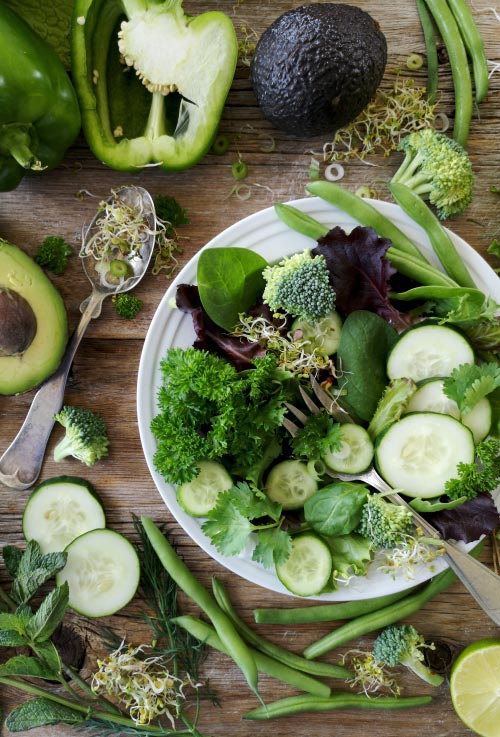
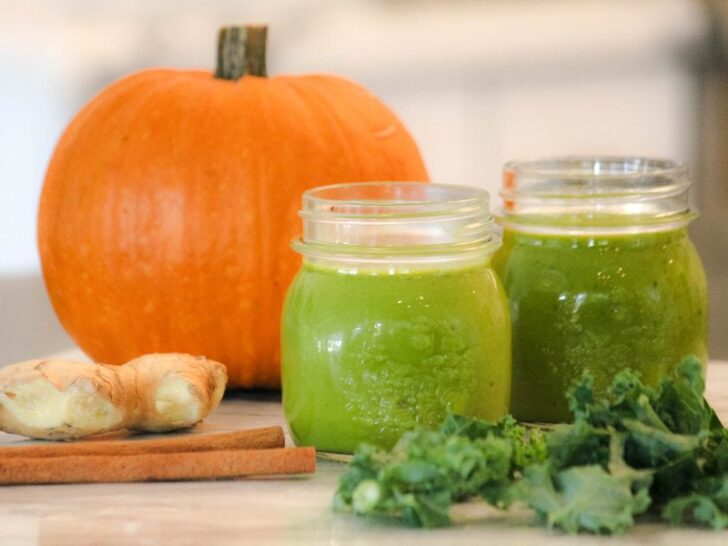
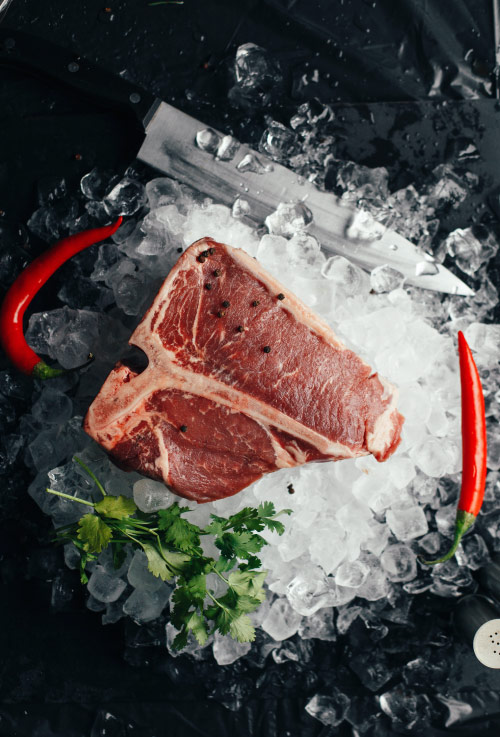
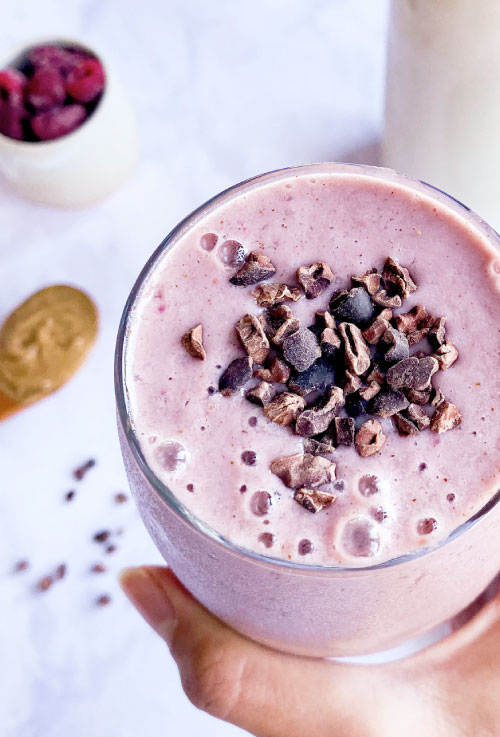
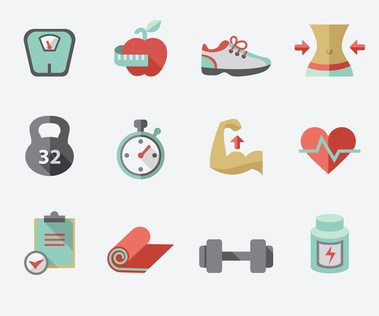
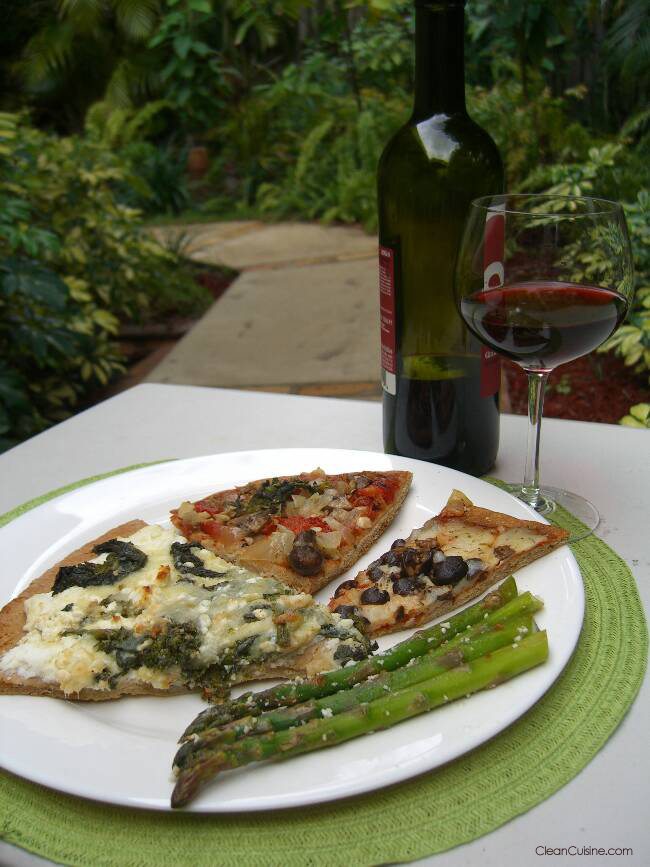
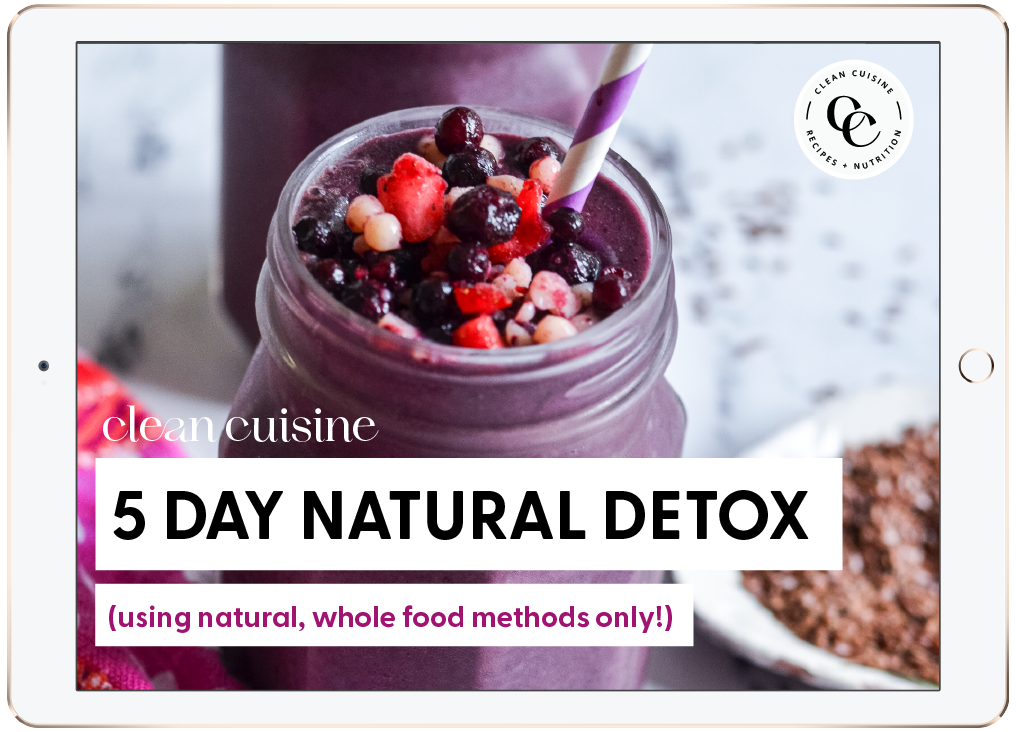
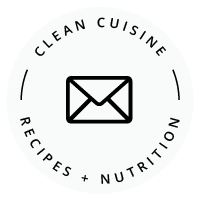
Victoria de Oni
Monday 4th of April 2011
Ivy,
You are changing my life...thank you :)
Ivy Larson
Tuesday 5th of April 2011
Thank you so very much for the positive feedback Victoria. I'm so happy the info is helping you!!